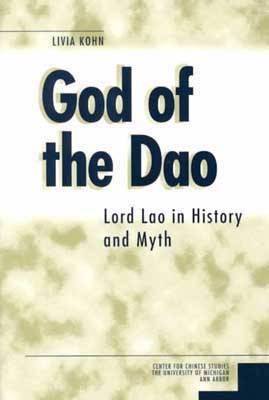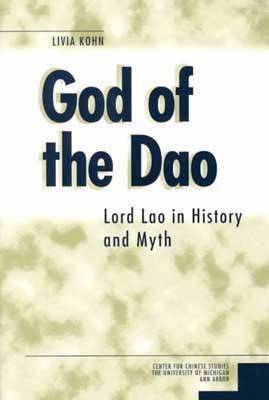
- Retrait gratuit dans votre magasin Club
- 7.000.000 titres dans notre catalogue
- Payer en toute sécurité
- Toujours un magasin près de chez vous
- Retrait gratuit dans votre magasin Club
- 7.000.000 titres dans notre catalogue
- Payer en toute sécurité
- Toujours un magasin près de chez vous
Description
In conventional histories, Lord Lao (Laozi) was a sixth-century BCE official of the Zhou dynasty and the author of the Daode jing (The Book of the Dao and Its Virtue). Thereafter, he gained mythic status as an immortal, a messiah, and a high god of Daoism. After being divinized during the Han dynasty and in early Daoist movements, Laozi reached his highest level of veneration under the Tang when the rulers honored him as a royal ancestor. In subsequent eras he remained prominent and is still a major deity in China today.God of the Dao approaches Lord Lao with two distinct frameworks--history and mythology. Part I of the book, a history, builds on earlier scholarship on the divinization of Lord Lao and the unfolding of his medieval hagiography, describing and contextualizing the numerous materials found on Lord Lao that have not yet been studied. Part Two explores the complex mythology of Lord Lao based on one of the major hagiographies, the twelfth-century Youlong zhuan (Like unto a Dragon). In this mythology, Lord Lao appears in eight distinct mythical roles, each associated with a particular phase in his life: He is the creator of the universe, bringer of cosmic order, teacher of dynasties, and the divine made flesh on earth. He is also the converter of the barbarians, the source of major Daoist revelations, and the god of Great Peace and political harmony. Comparing his story with related Confucian, Buddhist, and Western mythic tropes, Kohn illuminates the dynamics of the Daoist tale and persuades us to appreciate Lord Lao as a key deity of traditional China.
Spécifications
Parties prenantes
- Auteur(s) :
- Editeur:
Contenu
- Nombre de pages :
- 406
- Langue:
- Anglais
- Collection :
- Tome:
- n° 84
Caractéristiques
- EAN:
- 9780892641338
- Date de parution :
- 01-01-99
- Format:
- Livre broché
- Format numérique:
- Trade paperback (VS)
- Dimensions :
- 153 mm x 229 mm
- Poids :
- 607 g







